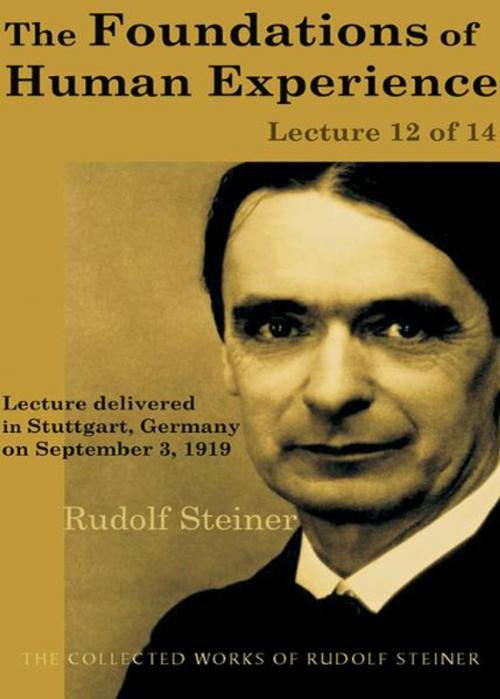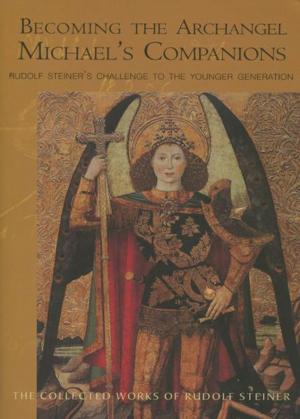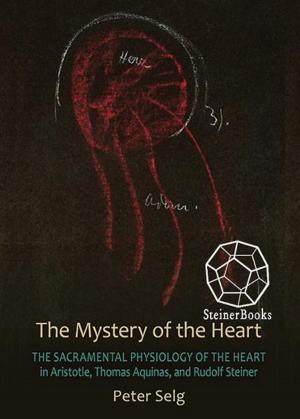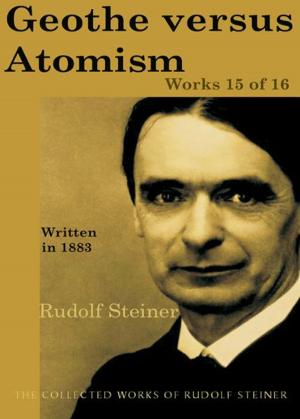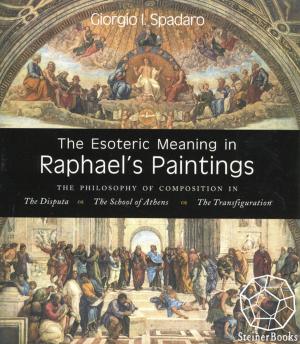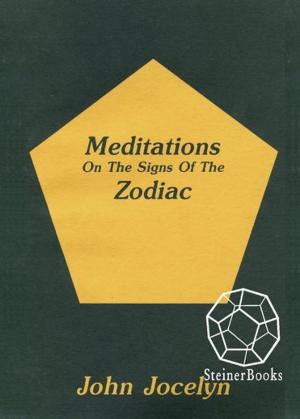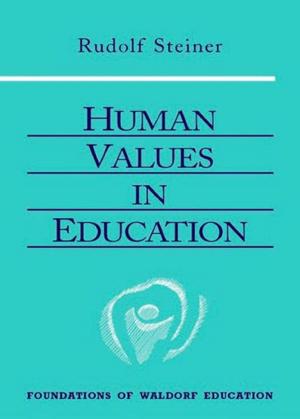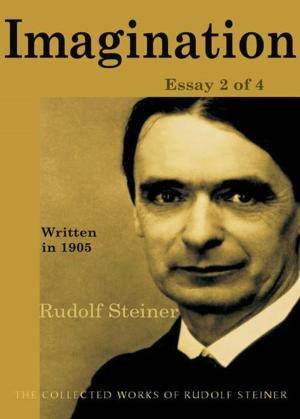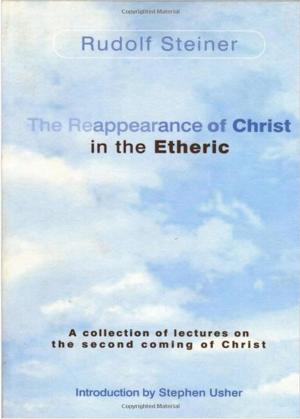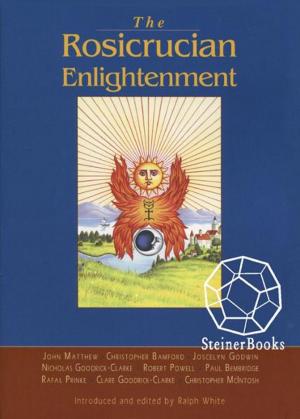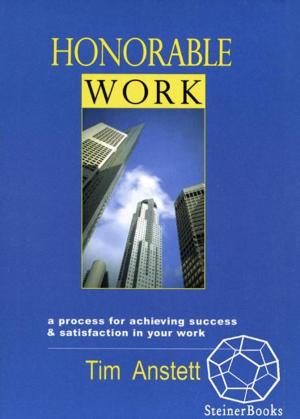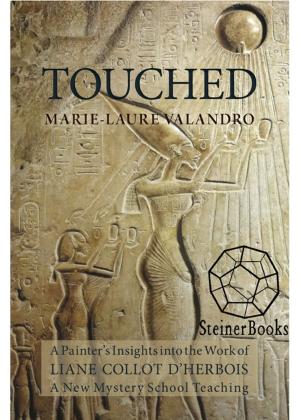The Foundations of Human Experience: Lecture 12 of 14
Nonfiction, Reference & Language, Education & Teaching, Educational Theory, Philosophy & Social Aspects| Author: | Rudolf Steiner | ISBN: | 9780880107617 |
| Publisher: | Steinerbooks | Publication: | September 1, 1996 |
| Imprint: | SteinerBooks, Collected Works 293 | Language: | English |
| Author: | Rudolf Steiner |
| ISBN: | 9780880107617 |
| Publisher: | Steinerbooks |
| Publication: | September 1, 1996 |
| Imprint: | SteinerBooks, Collected Works 293 |
| Language: | English |
This lecture is part of the collection "The Foundations of Human Experience" by Rudolf Steiner. Steiner (1861-1925) was an Austrian philosopher, social reformer, architect, and esotericist. He gained initial recognition as a literary critic and cultural philosopher. At the beginning of the 20th century, he founded a spiritual movement, Anthroposophy. He is considered the father of Waldorf education, biodynamic agriculture, anthroposophical medicine and spiritual science. The inner connections between the physical body and the environment. The physical structure of the human being: the continual overcoming by the torso and limbs of animalistic forms emanating from the head; thoughts as their supersensible correlation. The relationship of the torso to the plant kingdom. The opposing processes of human breathing and plant assimilation. The development of plantlike tendencies in human beings as a cause of illness. The plant kingdom as a picture of all illnesses. Human nutrition as the central portion of the combustion processes occurring in plants. Breathing as an anti-plant process. The relationship of breathing and nutrition to the physical body and the soul. The future task of medicine and healthcare. Modern medicines search for bacteria. The relationship of the limbs to the mineral kingdom. The continual dissolving of minerals by the limbs. Illnesses such as diabetes or gout as a beginning of the crystallization process in the body. The I lives in forces. The task of the human physical body: dissolving what is mineral-like, reversing what is plantlike, spiritualizing what is animal-like. The entire Collected Works of Rudolf Steiner are available from SteinerBooks.
This lecture is part of the collection "The Foundations of Human Experience" by Rudolf Steiner. Steiner (1861-1925) was an Austrian philosopher, social reformer, architect, and esotericist. He gained initial recognition as a literary critic and cultural philosopher. At the beginning of the 20th century, he founded a spiritual movement, Anthroposophy. He is considered the father of Waldorf education, biodynamic agriculture, anthroposophical medicine and spiritual science. The inner connections between the physical body and the environment. The physical structure of the human being: the continual overcoming by the torso and limbs of animalistic forms emanating from the head; thoughts as their supersensible correlation. The relationship of the torso to the plant kingdom. The opposing processes of human breathing and plant assimilation. The development of plantlike tendencies in human beings as a cause of illness. The plant kingdom as a picture of all illnesses. Human nutrition as the central portion of the combustion processes occurring in plants. Breathing as an anti-plant process. The relationship of breathing and nutrition to the physical body and the soul. The future task of medicine and healthcare. Modern medicines search for bacteria. The relationship of the limbs to the mineral kingdom. The continual dissolving of minerals by the limbs. Illnesses such as diabetes or gout as a beginning of the crystallization process in the body. The I lives in forces. The task of the human physical body: dissolving what is mineral-like, reversing what is plantlike, spiritualizing what is animal-like. The entire Collected Works of Rudolf Steiner are available from SteinerBooks.
